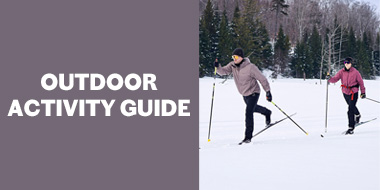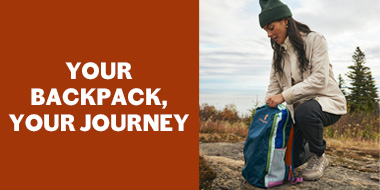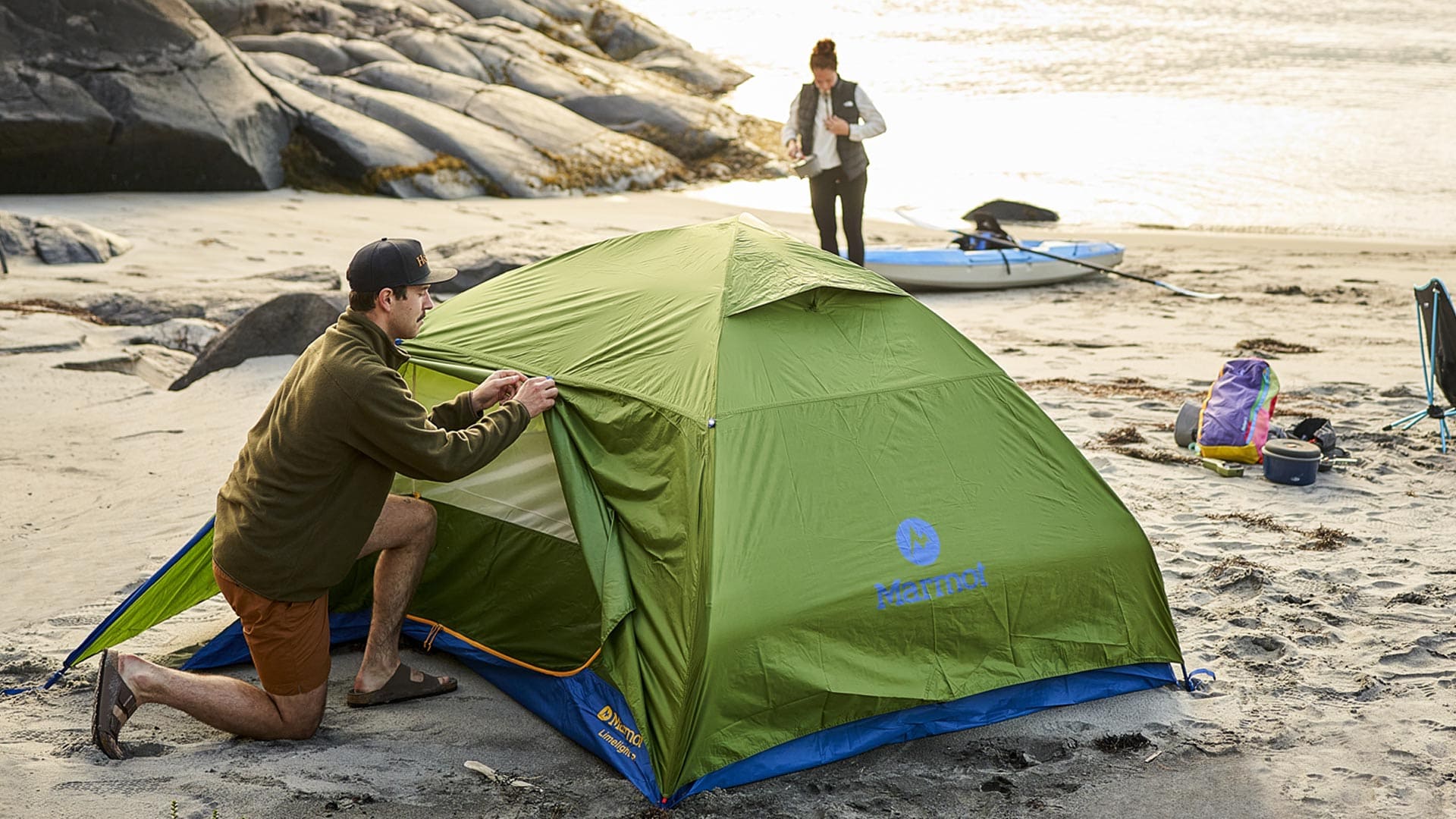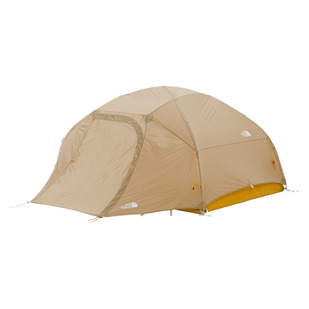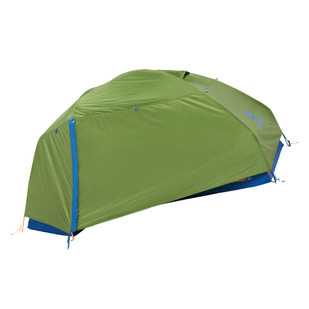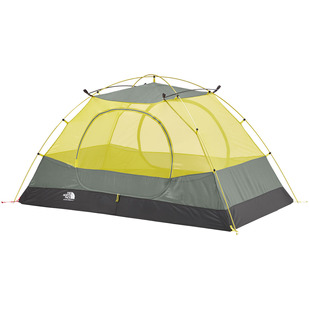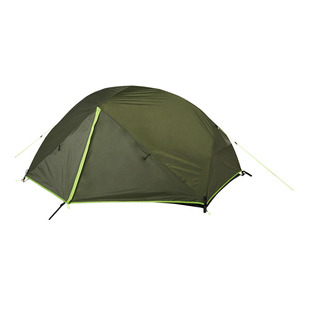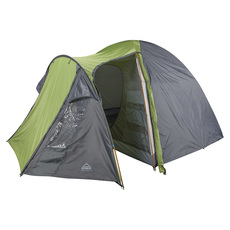3. What materials do I have to choose from?
When selecting your tent, take the time to check out the materials it’s made of to ensure it suits your style of camping. Choosing the components of your tent accordingly will guarantee durability and comfort – and avoid nasty surprises while camping out in Mother Nature.
Canopy and fly
In most cases, a tent’s interior canopy is made of nylon, a strong material that doesn’t absorb moisture and is abrasion resistant, while also being more affordable. The fly should be made of polyester, a material that’s more resistant to UV rays and moisture.

DID YOU KNOW?
There are several effective ways to ensure your tent has a long, effective life; for example by using a waterproofing.
Floor
The floors of all tents must be strong and waterproof with their edges running up the bottom part of the tent sides to keep water from penetrating the base. Tent floors in nylon are very resistant to abrasion and tears.
Poles
Fibreglass poles are inexpensive and very effective but heavy and they tend to gradually disintegrate over time. For hikers who carry their tent on their back, carbon poles are the perfect, lighter and stronger alternative, although they’re more expensive and sometimes brittle. Aluminium is a very effective material that comes in a variety of alloys with various degrees of strength and lightness. When it comes to poles, there are plenty of types to choose from, so ask a lot of questions at the store.
Zippers
We too often take zipper quality for granted but when it comes to tents, they are often strained to the extreme, making them very vulnerable to breakage. Ideally, they should always be twisted and manufactured in nylon, which makes them both lighter and easier to handle.









